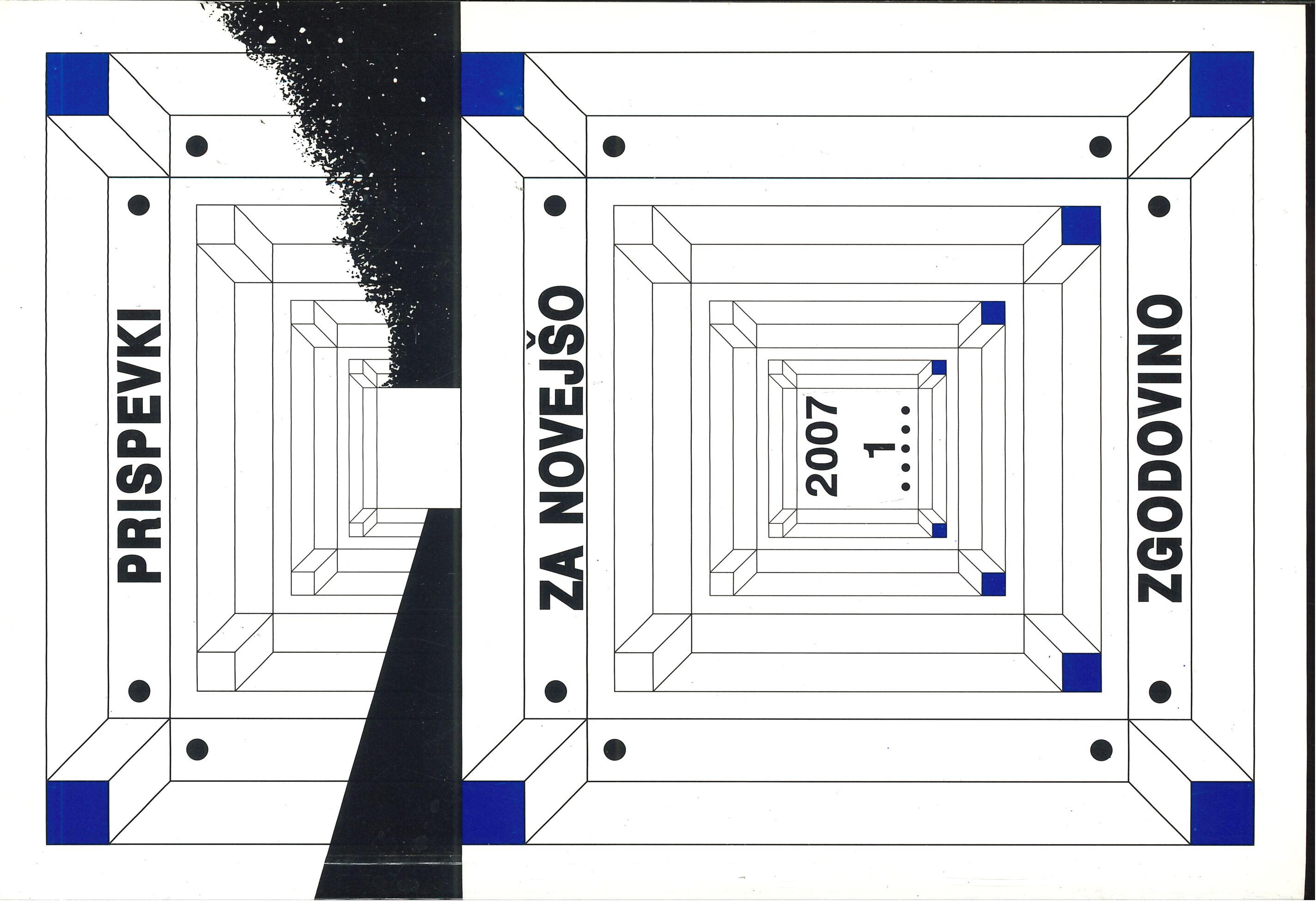Slovenska politika in vprašanje priključitve Prekmurja h Kraljevini SHS 1918-1919
Keywords:
Kingdom of Serbs, Croats an Slovenes, Hungary, struggle for border, Paris Peace Conference, Treaty of Trianon, Slovene politics, Prekmurje, Rudolf Maister, Matija SlavičAbstract
One of the vital issues for the Slovene natiofl after the disintegration of the Austro-Hungarian Empire in 1918 was the unification of all Slovene ethnic lands under a new Yugoslav state. One of such lands was also Prekmurje, whose integration with the main national territory was unanimously supported by all Slovene political parties - the Catholic oriented Slovene People's Party, the liberal oriented Yugoslav Democratic party and the Marxist oriented Yugoslav Social-Democratic Party. The Slovenes in Prekmurje themselves massively expressed the same determination on several occasions. The diplomatic battle for the formal annexation of Prekmurje to the Kingdom of SCS was won at the Paris Peace Conference through the efforts of the Yugoslav delegation. The main credit went to the Slovene members of the delegation and, in particular, Matija Slavic, an expert on Prekmurje. His vast knowledge of its ethnic, linguistic, geographic, economic and historical aspects decisively contributed towards the adoption of the resolution on 9 July 1919, with which the Conference's Supreme Council awarded Prekmurje to the Kingdom of SCS. With the Council's approval, the Yugoslav army occupied the region on 12 August 1919. The unification of the Prekmurje Slovenes with the main national body immediately after the First World War was an act of highest national significance. With it, one of the historical foundations for the territorial integrity of the present Republic of Slovenia had been laid.
Downloads
Published
Issue
Section
License
Authors who publish with this journal agree to the following terms:
- Authors retain copyright and grant the journal right of first publication with the work simultaneously licensed under a Creative Commons Attribution License that allows others to share the work with an acknowledgement of the work's authorship and initial publication in this journal.
- Authors are able to enter into separate, additional contractual arrangements for the non-exclusive distribution of the journal's published version of the work (e.g., post it to an institutional repository or publish it in a book), with an acknowledgement of its initial publication in this journal.
- Authors are permitted and encouraged to post their work online (e.g., in institutional repositories or on their website) prior to and during the submission process, as it can lead to productive exchanges, as well as earlier and greater citation of published work (See The Effect of Open Access).


